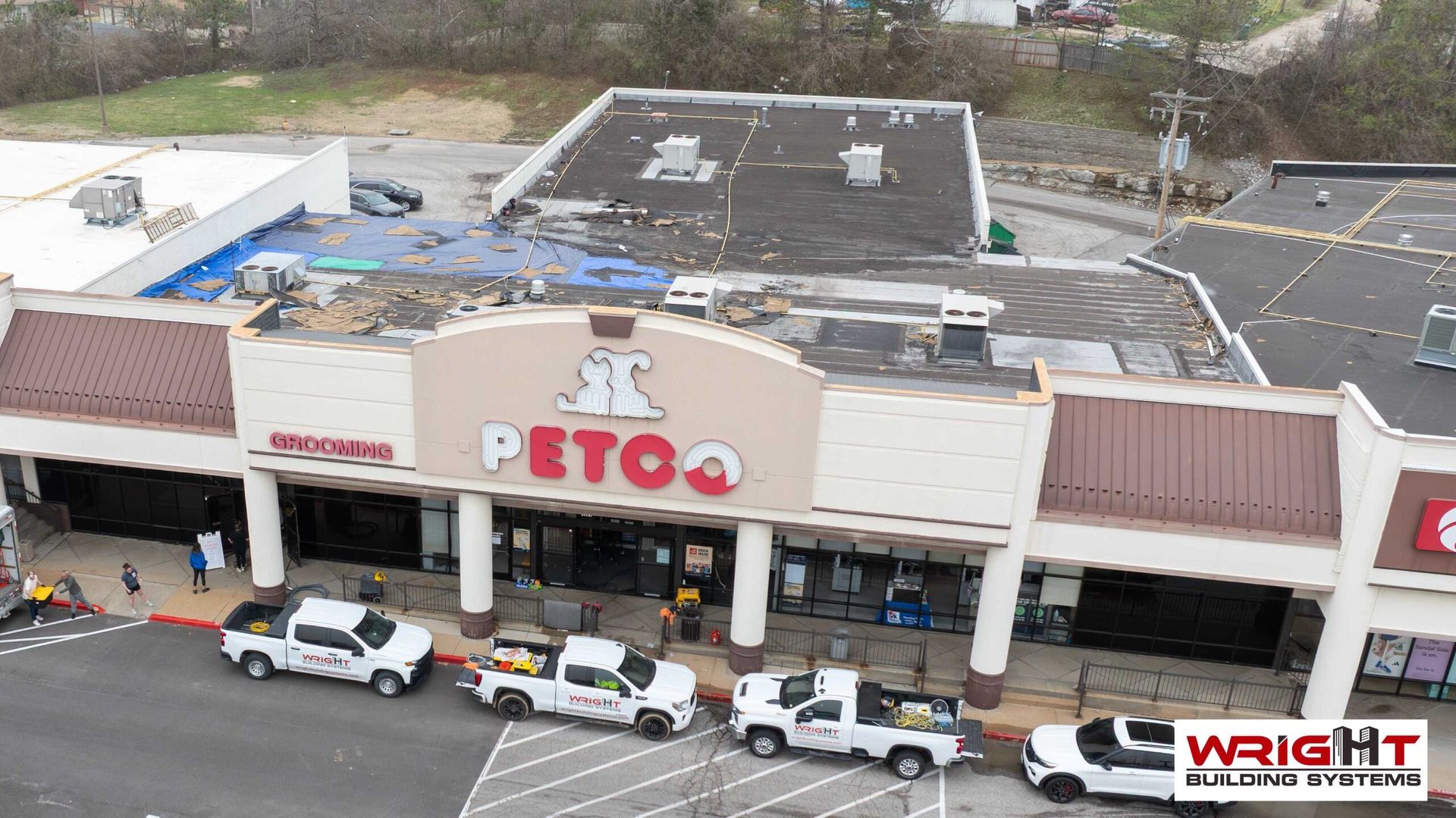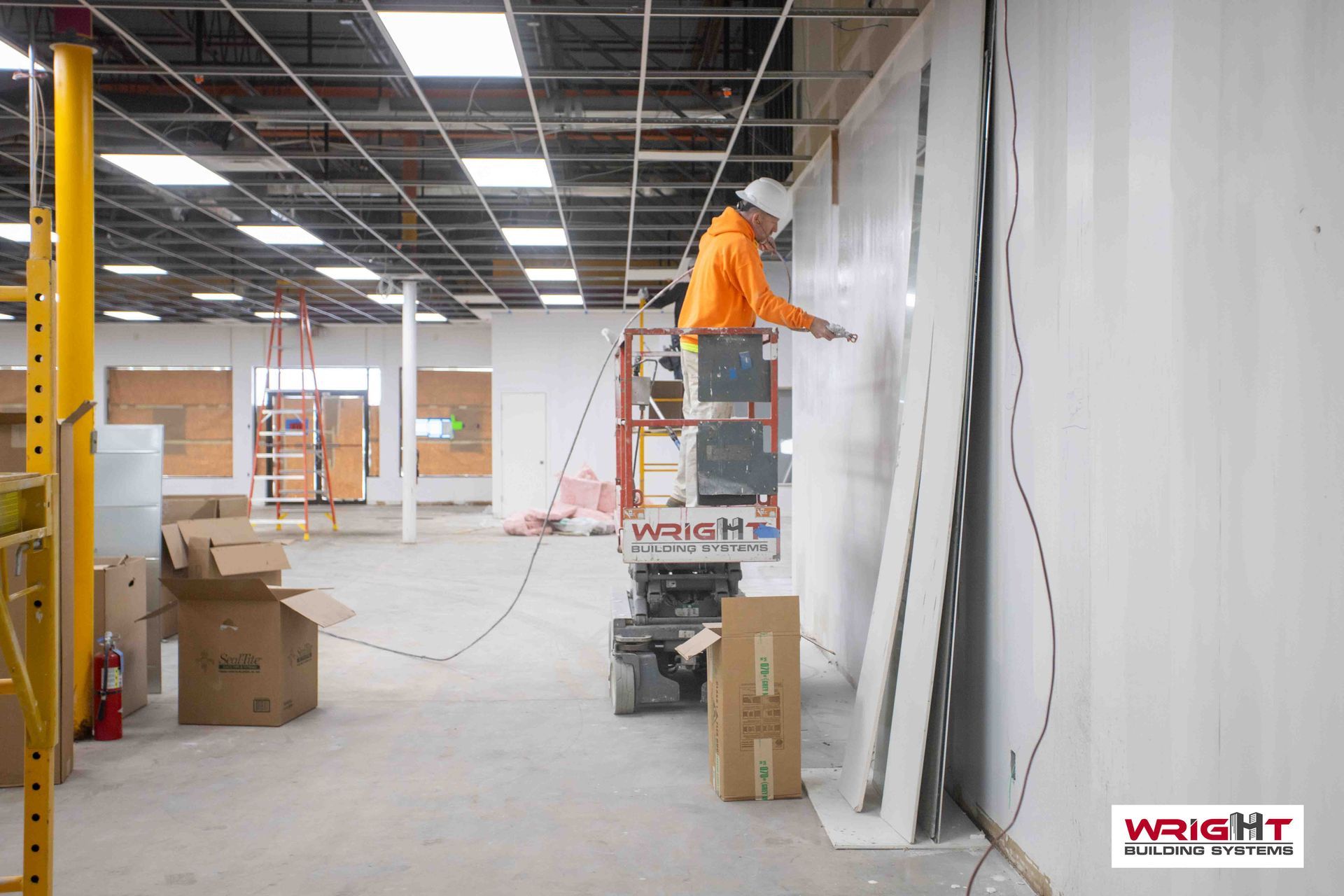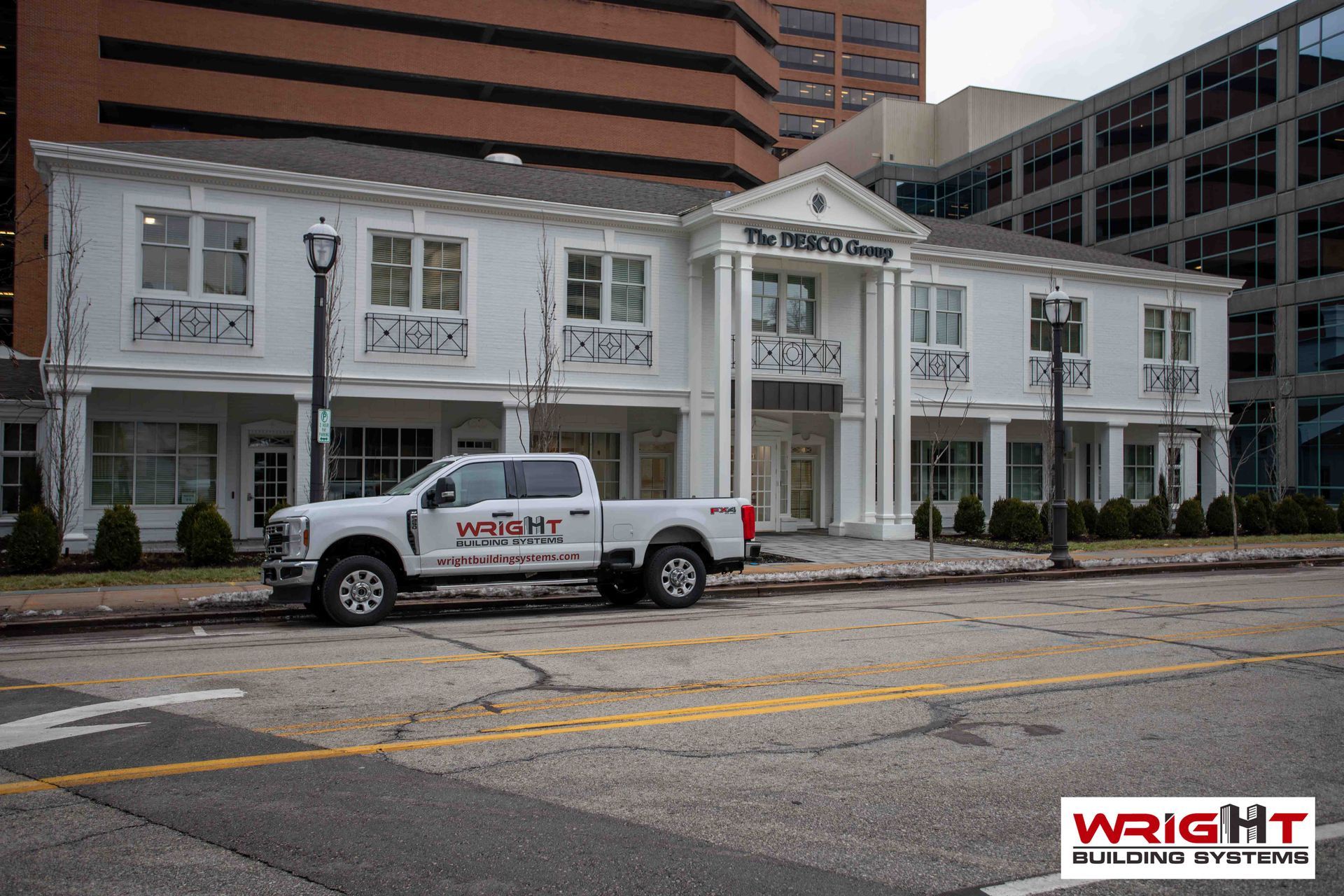Why Contractors Must Be Certified to Build SCIFs
Sensitive Compartmented Information Facilities (SCIFs) are specialized secure spaces used to process, store, and discuss classified information of a sensitive or critical nature. Constructing these facilities requires stringent adherence to specific standards and protocols to ensure complete security. Hence, construction companies must be certified to build SCIFs. This certification process ensures that the contractors have the necessary expertise, knowledge, and capabilities to meet the rigorous requirements demanded by such projects.
Delve into why certification is crucial for construction companies undertaking SCIF projects.
Ensuring Compliance with Stringent Security Standards
he primary reason for certification is to ensure that construction companies comply with the strict security standards mandated by government agencies, such as the Department of Defense (DoD) and the Intelligence Community (IC). SCIFs must adhere to specific design and construction guidelines outlined in documents like the ICD 705 (Intelligence Community Directive) and its companion documents. These guidelines cover everything from physical security measures to acoustic protections and electronic security countermeasures, preventing unauthorized access and protecting sensitive information.
Certification ensures that construction companies are familiar with these guidelines and can implement them correctly. It verifies that the crew understands the intricacies of creating a secure environment that meets or exceeds these requirements.
Expertise in Specialized Construction Techniques
Building an SCIF requires not commonly used in regular construction projects. SCIFs often require enhanced soundproofing measures to prevent eavesdropping, including specialized acoustic insulation, sound barriers, and white noise generators.
Additionally, SCIFs must be protected against electronic surveillance, necessitating secure communications wiring, electromagnetic shielding, and other electronic countermeasures.
A certified construction company has demonstrated proficiency in these specialized techniques. Certification programs typically involve rigorous training and assessments to ensure contractors can effectively implement these advanced security measures. This expertise is critical to ensuring the integrity and security of the SCIF.
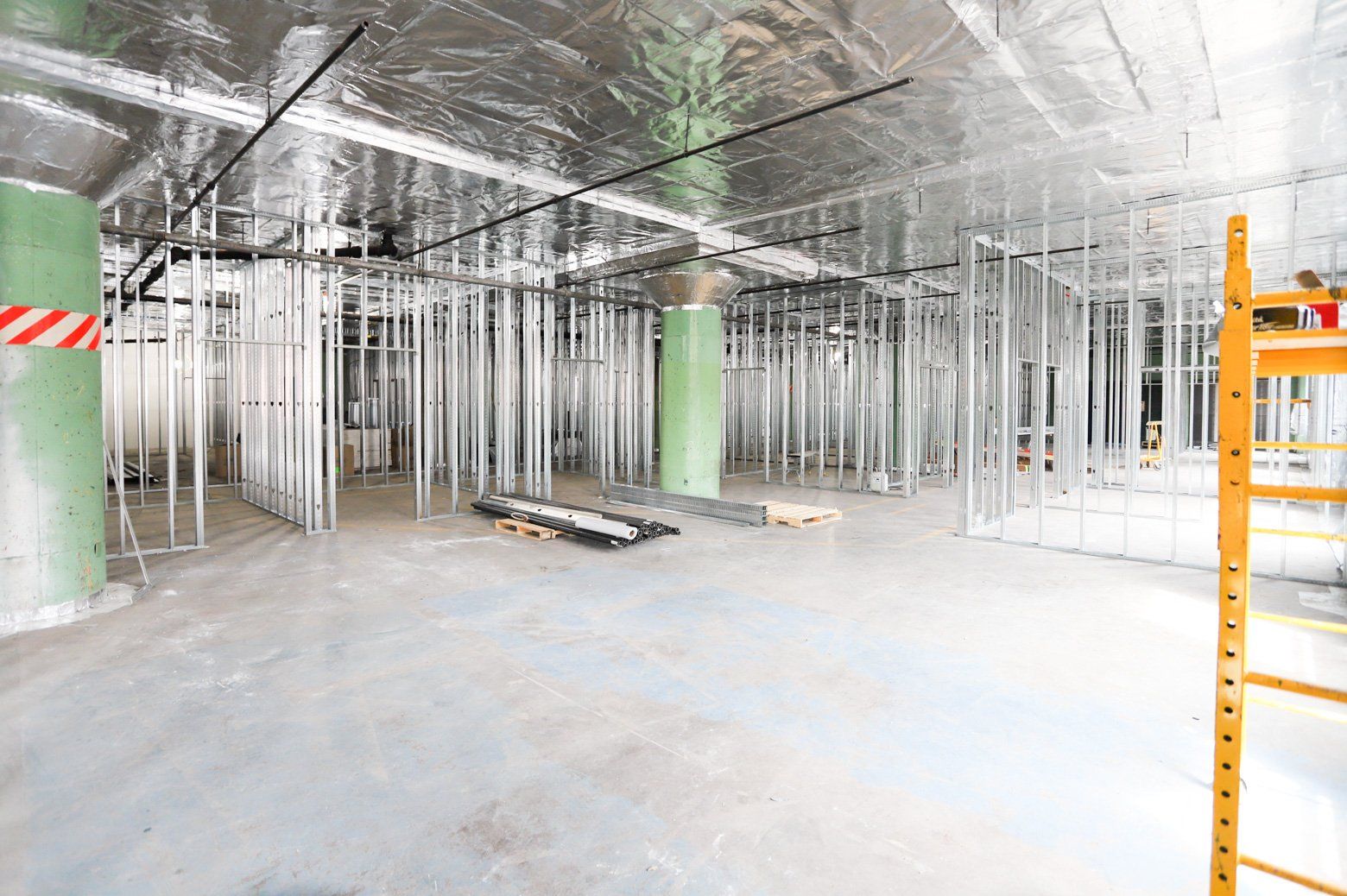
Assurance of Quality and Reliability
Certification provides a level of assurance regarding the quality and reliability of the construction company; it indicates that the contractor has undergone a thorough evaluation and met the high SCIF construction standards. This assurance is vital for government agencies and other entities that must trust that their secure facilities are built to the highest standards.
Additionally, certified contractors are more likely to have established quality control processes and oversight mechanisms. These processes help ensure that every SCIF construction project is meticulously planned and executed, minimizing the risk of errors or oversights that could compromise security.
Access to Classified Projects and Contracts
Many SCIF construction projects are classified and require access to sensitive information. Certification is often a prerequisite for obtaining security clearances and access to these projects; without it, contractors may be unable to bid on or participate in SCIF projects, limiting their opportunities in this specialized market.
Moreover, government agencies and other organizations typically prefer to work with certified organizations because they can be confident that these companies have the necessary clearance and can handle classified information appropriately. This preference further underscores the importance of certification for construction companies looking to expand their portfolio to include SCIF construction.
Risk Mitigation and Legal Compliance
The construction of SCIFs involves significant risks, particularly concerning the potential compromise of sensitive information. Certification helps mitigate these risks by ensuring construction companies are well-versed in the security protocols and best practices required for SCIF projects. It also ensures that companies know and comply with all relevant legal and regulatory requirements.
Certified companies are better positioned to respond effectively and mitigate any potential damage in a security breach or other issue. They are more likely to have contingency plans and response strategies, reducing the risks associated with SCIF construction.
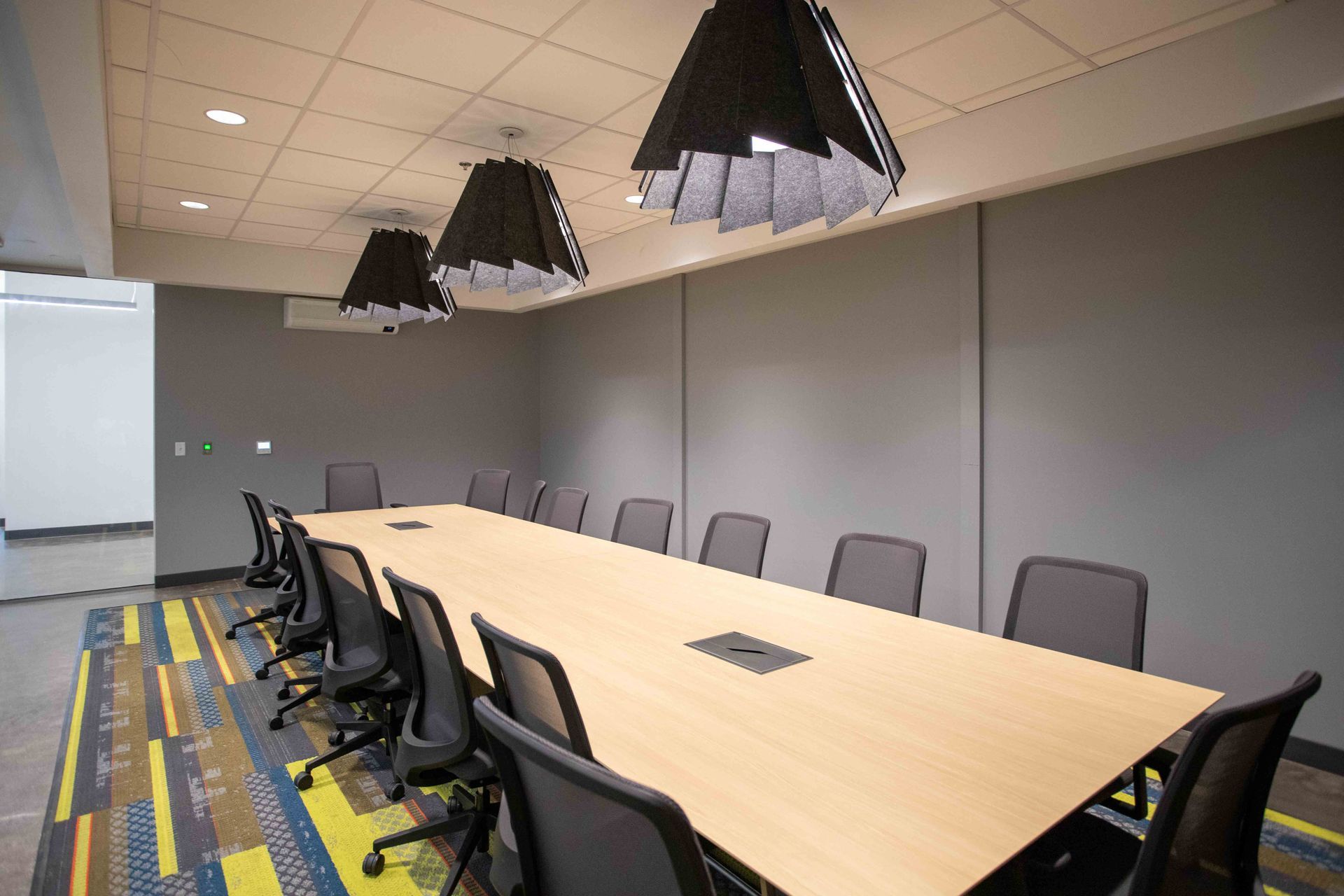
Work with Wright Building Systems
Certification is a critical component for construction companies involved in building SCIFs. It ensures compliance with stringent security standards, demonstrates expertise in specialized construction techniques, assures quality and reliability, grants access to classified projects, and helps mitigate risks.
Greater St. Louis business owners repeatedly trust Wright Building Systems with their projects. We are committed to safety and delivering finished products that exceed expectations.
Our dedicated team has the equipment, technical skills, and perseverance to complete your project.
Let's get in touch today!

